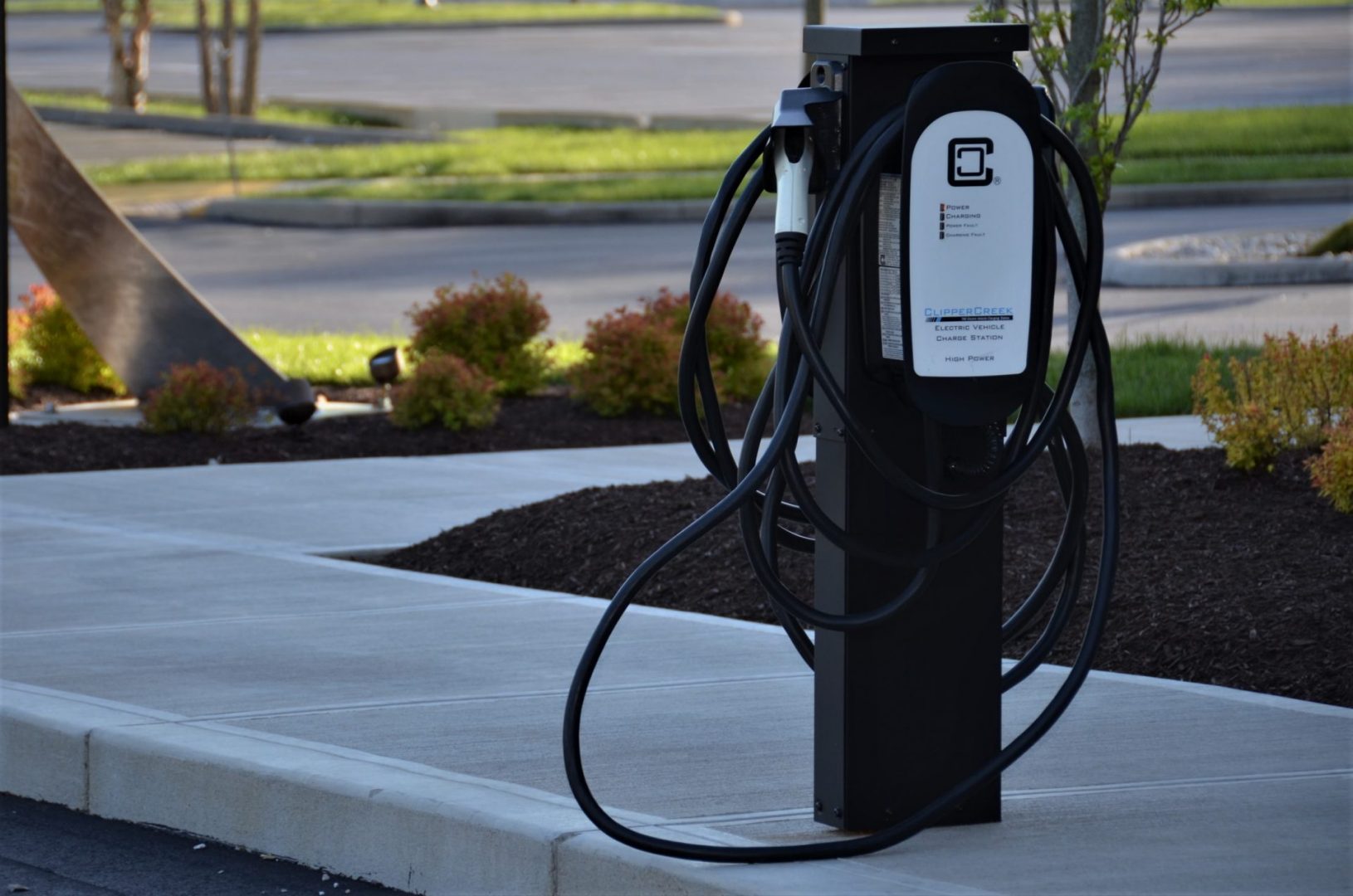The Clean Car Discount: 1 Month In & The Jury’s Still Out
I think it’s fair to say that in the immediate aftermath of the Labour government’s EV rebate scheme announcement, the responses were very… mixed. Labelled the Clean Car Discount, a $8,625 government rebate on purchases of all electric vehicles and hybrids priced under $80,000, funded in part by a fee on purchases of large petrol-engine vehicles in 2022, proved instantly divisive. Proponents begun hailing the governments’ commitment to the environment and urgency in attempting reducing the national rate of emissions, while opponents bemoaned that the ‘feebate’ was just another form of tax that would hurt Kiwi families, particularly those in rural areas. Whether you are pro or against, the early numbers are in and they’re showing that, at the very least, the incentives are having their desired impact and driving some Kiwis to make the switch.
The stats show that clean vehicles sales has already begun to rise, with 760 pure EV’s, 431 plug-in hybrid EV’s and 1,163 hybrids sold in July alone. These numbers show a significant increase from months prior, with only 521 clean vehicles sales of any kind recorded in June. While it’s impossible to know how many of those July sales were a direct result of the scheme, I think it’s fair to suggest that an increase of that size following the implementation of the scheme on July 1st, is strong enough evidence to suggest a correlation there. The MG ZS EV has been identified as the top selling clean car eligible for rebate thus far.
However, the scheme has barely kicked off and one of detractors’ biggest fears seems to be already beginning to rear its head. Dealers of some of the most affordable EV’s available in New Zealand, Autolink EV have been forced to face criticism from consumers for hiking up prices of their models by as much as $4,000, a decision that they claim has been made necessary as a direct result of the Clean Car Discount scheme. Owner Henry Schmidt has told reporters that the massive uptake in sales has seen his company sell out stock much quicker, and as his overseas suppliers have raised their prices, the company has been forced to raise their own in order to maintain their profit margin.
Furthermore, the number suggest that not only are clean vehicle sales increasing, but SUV sales have seen a bump, which may continue to increase if consumers are keen to get their hands on a large petrol engine car before the fee on said vehicles kicks into effect next year. If this continues to rise, one wonders whether questions will begin to be asked as to whether the success in getting some to switch to EV will be offset by the SUV surge, ultimately stifling the primary goal of the scheme; to reduce New Zealand’s rate of emissions. Of course, it’s still very early days, but the Clean Car Discount appears to already be emitting results that might only further those on each side of the issue.

